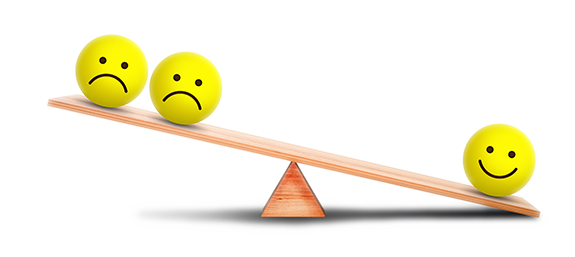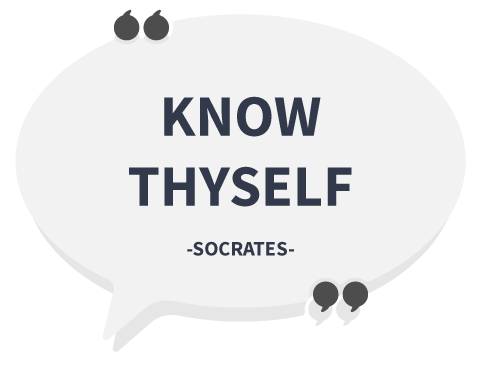 Stress Management
Stress Management
Emotional wellness was defined by the Wellness Center of Vanderbilt University as “the awareness of feelings and their expression in a healthy manner with stability of mood, sense of self, positive attitude toward others, and the ability to cope with stress”.
There is no doubt that emotions have a strong influence on our mood, thoughts, attitudes, resilience, decisions and interests throughout our life.
Our sense of self and in turn our attitude toward others underpins the quality of the relationships we develop.
As we explore in the Social Roots of a Healthy Lifestyle, if we have healthy and positive relationships with others and a sense of community as a result of these relationships, emotional wellness usually follows.
Two of the biggest components in emotional wellness are balance and stress management.
As with all things in balance, different elements counter each other and for example during times of heightened stress, having confidence in our belief that this too shall pass will help us navigate those tough times.
Also, accepting others and forgiving mistakes they may have made allows us to move forward and maintain healthy relationships. Equally, we need to accept the mistakes that litter our past and move on with a determination to learn and ultimately benefit from these mistakes.
Having a positive mental attitude can contribute greatly to our ability to find the good in people, mistakes and events that may otherwise derail our emotional wellness.
Being aware of and expressing our feelings in healthy ways also reflects our own self-confidence and can create trust in our relationships. Expressing our feelings may limit potential outbursts that come with contained emotions spilling over.
Very few people go through life with complete equanimity, but if we seek ways to positively manage our stress and maintain healthy relationships, levelling out our moods will be a healthy byproduct.
Research shows that high stress levels adversely affect our health and wellbeing in countless ways.
Stress levels are at an all-time high and having the tools and the discipline to manage our stress is one of the biggest lifestyle challenges we face today.
 The relentless introduction of technology into our lives, our rapidly changing societal expectations (some call these “programs”) around success, achievement and acquisition, not to mention the global pandemic, all contribute to countless stresses in our lives.
The relentless introduction of technology into our lives, our rapidly changing societal expectations (some call these “programs”) around success, achievement and acquisition, not to mention the global pandemic, all contribute to countless stresses in our lives.
Moreover, the pace at which we live our lives is not only unsustainable, but also unhealthy. Quiet time for reflection and introspection has been replaced with screen time and we are losing touch with ourselves and each other.
This loss in connection leads to lower levels of self-awareness and if we don’t know ourselves, how can we recognize the unhealthy patterns we have inadvertantly established? Many of us are overstressed, anxious and depressed, and instead of going within for answers, we seek help outside of ourselves, often in pharmaceuticals*, alcohol, drugs, food, Netflix, shopping, etc.
Many of us won’t like to hear this, but stress and anxiety are nothing but states of being manifested by our minds and bodies in response to how we live our lives.
If, however, we look on the bright side of this, we realize that the power to change stress and anxiety lies within us. We just have to want the change badly enough to cultivate the courage and discipline to change the habits that inhibit our lives.





